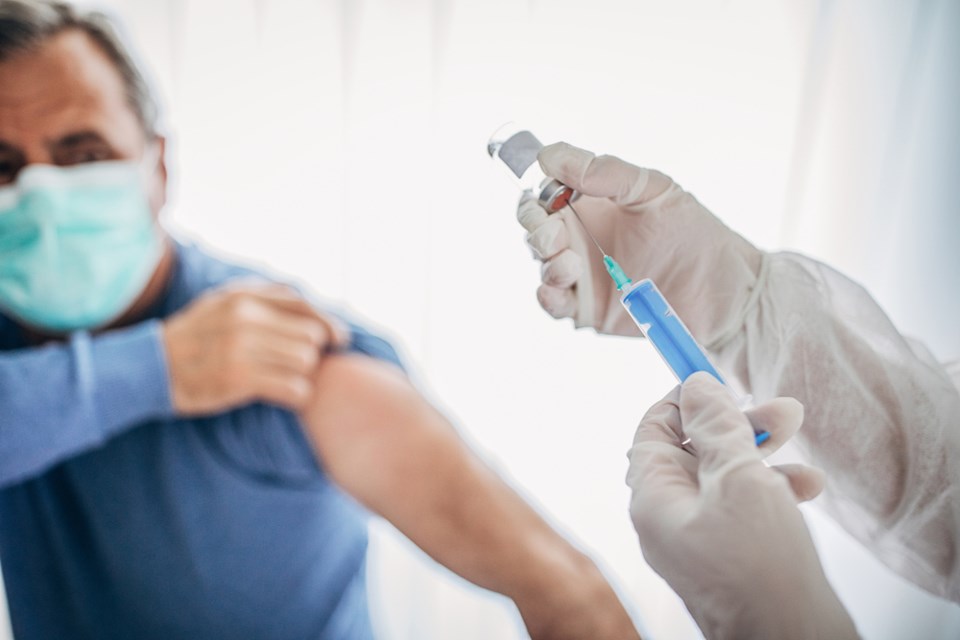So, you received your COVID-19 vaccines – congratulations.
Just be careful how you tell others about it.
If you ask for and receive a physical copy of the official record, be careful with it. While the full vaccination record will be stored into an online provincial database, this vaccine card will have details including your name, date of birth, the manufacturer and batch number of the COVID-19 vaccine you received and the dates each dose of the vaccine was administered.
Better Business Bureau serving Mainland BC (BBB) is encouraging the public to avoid sharing photos of their vaccination card on social media. The data may seem harmless, but the self-identifying information on the card not only makes you vulnerable to identity theft but can also help scammers create phony versions, the BBB says.
"In the excitement to share the good news about being vaccinated and encourage others to do the same, we must still keep in mind that not everyone on social media is trustworthy," said Karla Laird of the BBB, in a news release. "If your social media privacy settings are not set high, you may be giving valuable information away for anyone to use. Scammers and fraudsters are quick to see opportunities where they can turn innocent information-sharing into schemes that take advantage of others."
Posting photos of your card can help provide scammers with information they can use to create and sell counterfeit versions. Recently in Great Britain, scammers were caught selling fake vaccination cards on eBay and TikTok and falsely claimed that part of the proceeds was in support of local charities. While BBB has not yet received any local reports, it is only a matter of time before similar cons come to Canada.
BBB offers the following tips to help you share safely on social media:
- Share a vaccine sticker or use a profile frame instead. If you want to post about your vaccine, there are safer ways to do it. You can share a photo of a vaccine sticker or set a frame around your profile picture.
- Review your security settings. Check your security settings on all social media platforms to see what you are sharing and with whom. If you only want friends and family to see your posts, be sure that is how your privacy settings are configured.
Be wary of answering popular social media prompts. Sharing your vaccine photo is just the latest social trend. Think twice before participating in other viral personal posts, such as listing all the cars you have owned (including make/model/year), favourite songs, and top 10 TV shows. Some of these “favourite things” are commonly used passwords or security questions for your most valuable online accounts.



